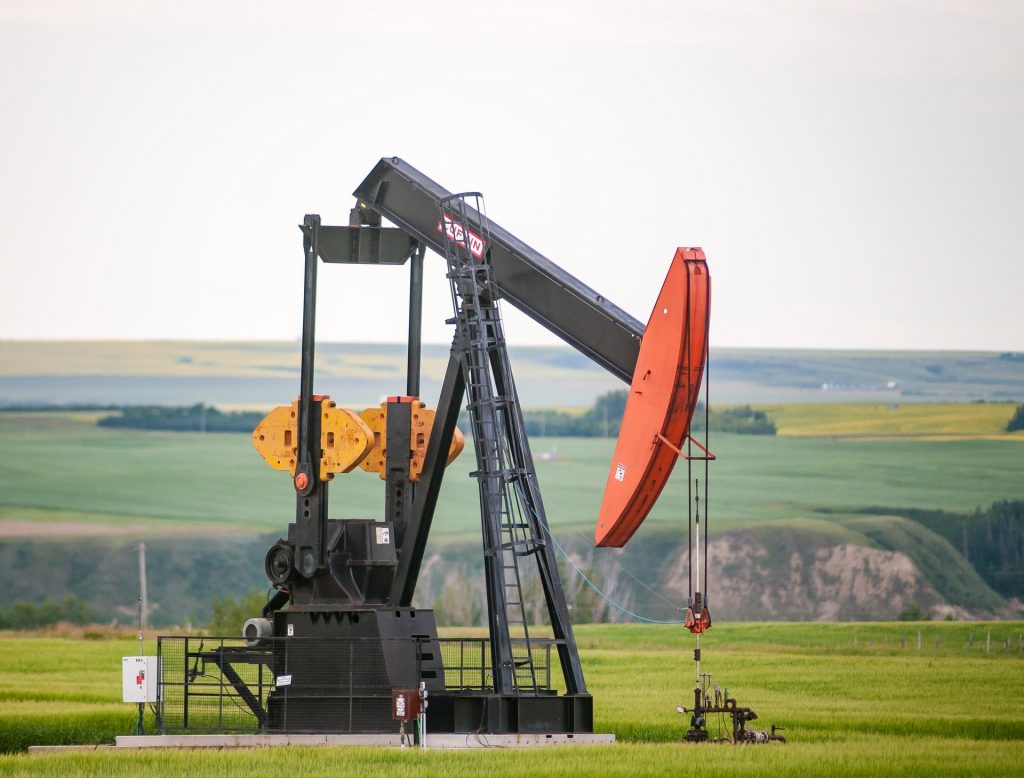Gas prices in the US have increased a lot over the last 18 months and currently stand above $4 per gallon. If prices continue to rise or stay at their current elevated levels, that could cause financial hardship for many families and cause political problems for Democrats ahead of the coming midterm elections.
According to most reporting on the topic, gas prices have increased because global demand for oil has increased faster than global supply of oil. The supply of oil is being held back by OPEC, which refuses to significantly increase its production quotas, by the Russian/Ukrainian war, which has led to sanctions and boycotts that are stranding some of Russia’s oil production, and by American oil companies, which refuse to expand domestic oil production.
One of the reasons that American oil companies are not expanding domestic production is that their owners and financiers generally do not want them to do so. These investors fear that production-expanding investments in the oil sector are extremely risky and may not pay off. This fear appears to be justified by recent experiences in the sector where massive investments in fracking succeeded in producing a lot more oil while also delivering giant financial losses to investors.
More broadly, it seems reasonable for investors to be skeptical of the future of the oil and gas industry in the face of large-scale efforts to phase it out of existence in order to limit climate change. Making a long-term investment in a (hopefully) declining industry in order to take advantage of (hopefully) temporary high prices is just not a smart thing to do, as advocates of the “stranded assets” thesis have been saying for at least a decade.
Policy advocates have been promoting a variety of clever ideas to try to cut through this gordian knot, but there has so far been only very limited discussion of an obvious approach to this basic problem: nationalize the oil industry.
As discussed previously at 3P (I, II), an industry that is absolutely essential to maintain in the short term and absolutely essential to eliminate in the long term is an industry that really should be managed publicly. Private owners and investors are not in the business of temporarily propping up dying industries, which means that they will either work to keep the industry from dying, which is bad for the climate, or that they will refuse to temporarily prop it up, which will cause economic chaos. A public owner is best positioned to pursue managed decline in a responsible way.
Although the current oil problems are not primarily driven by the climate calculus, the underlying dynamic is fairly similar. Private investors are reluctant to pour money into a sector that they think will not be able to generate profits in the medium and long term. These investors don’t care about the overall economic or geopolitical considerations that may justify temporary production hikes despite longer term unprofitability. With the right kinds of incentives, perhaps the government could make the deal sweet enough to change the calculation of these investors. But why bother with that when the government could just buy out the industry and manage this process directly?

